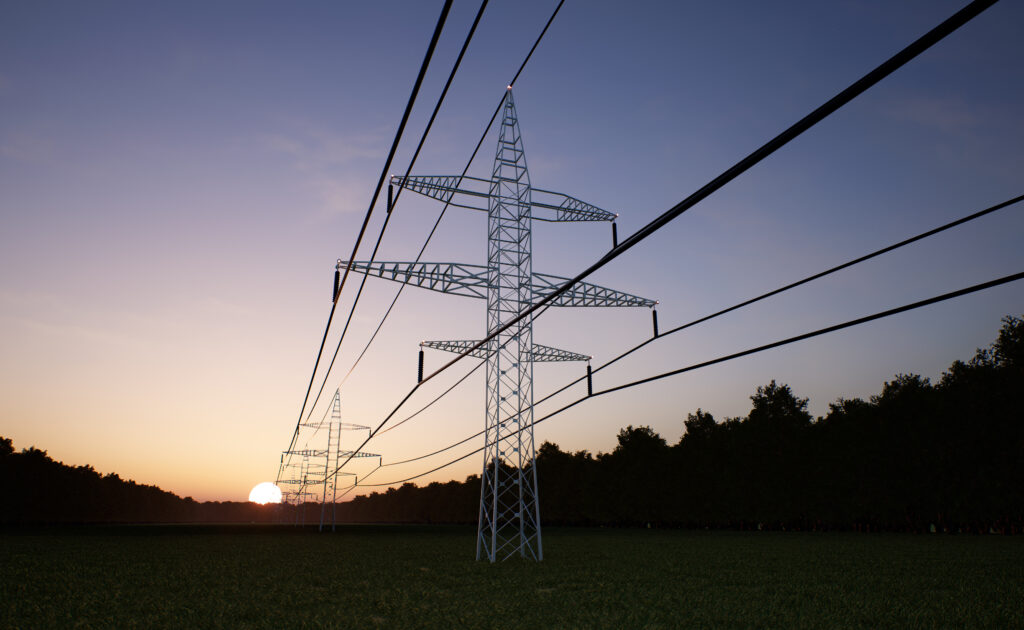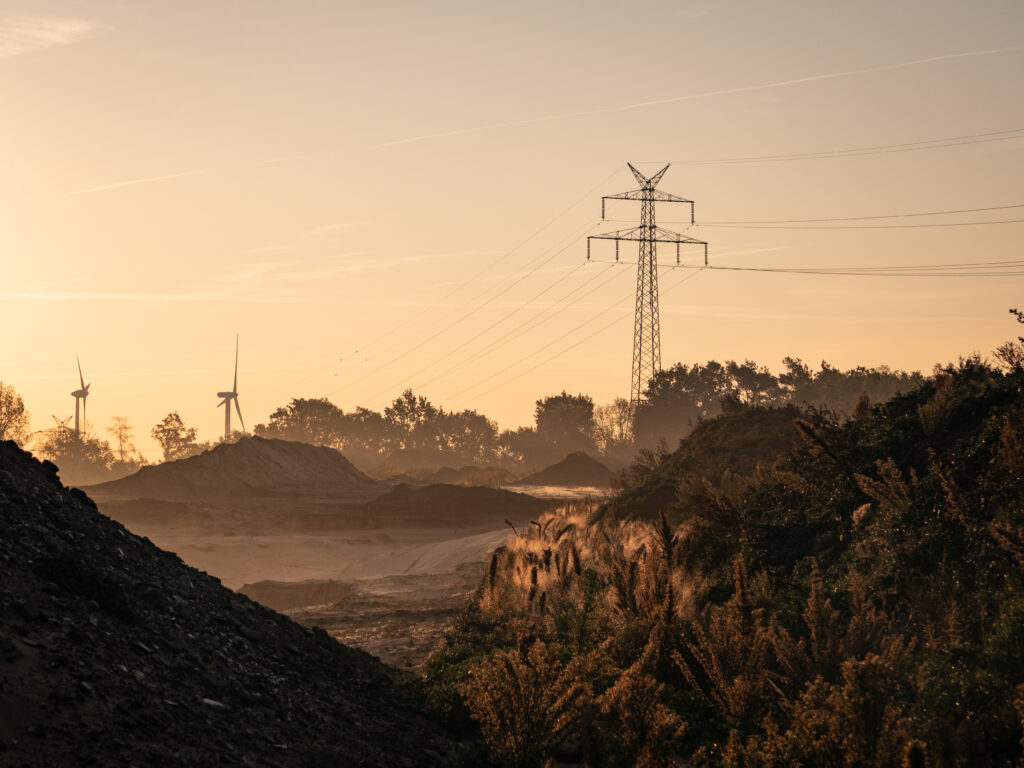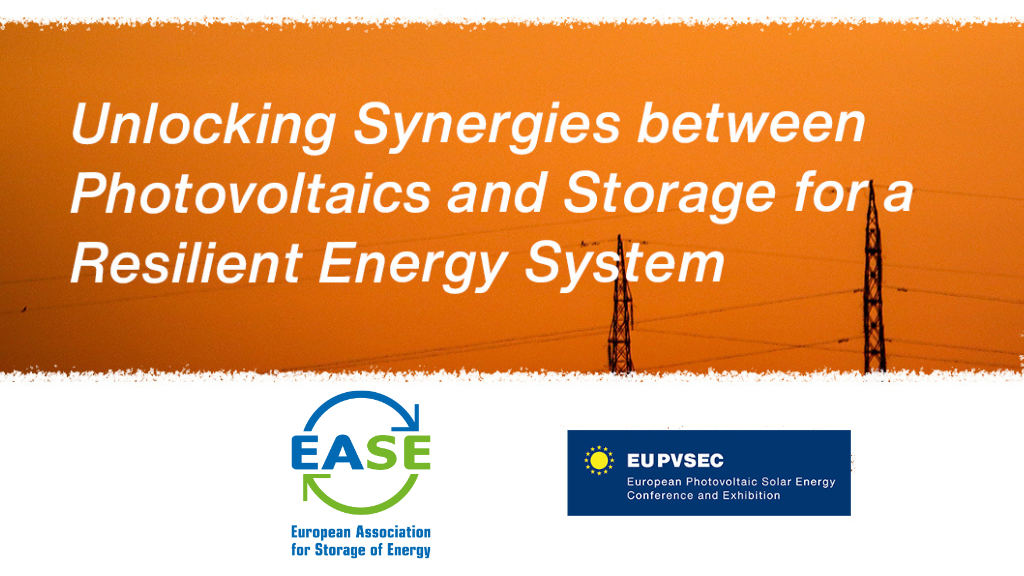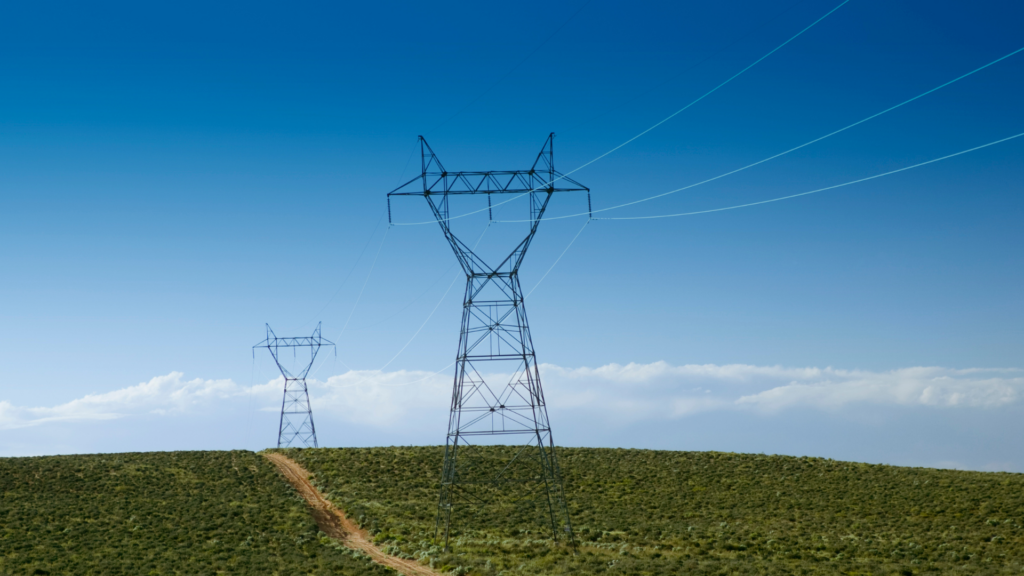16.11.2020 / News
Ian Santos Fernández is the Winner of the 5th EASE Student Award
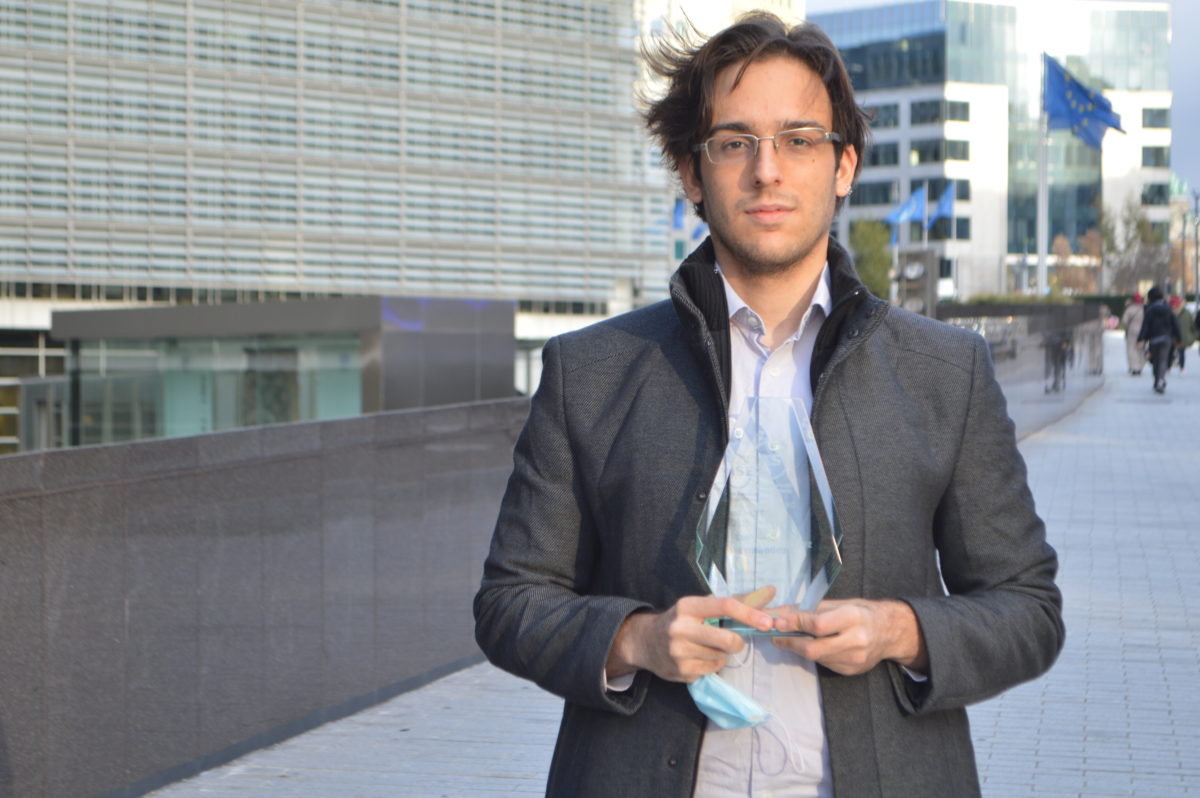
The European Association for the Storage of Energy (EASE) is proud to announce the winner of the 2020 edition of the EASE student award: Ian Santos Fernández, who conducted a exceptional research on the legal barriers to electricity benefit stacking in the context of the European Union.
Congratulations on winning the 2020 EASE Student Award! We really appreciated your thesis “Legal Barriers to Electricity Storage Benefit Stacking in the European Union”, especially for its clearness and its impact on the Energy Storage field. Could you please summarise the focus and findings of your thesis?
First of all, I would like to thank the EASE members and the Secretariat for this award. It was a great pleasure to have my contribution recognised by the European Association for Storage of Energy.
The central finding of my research is that specific benefit stacking rules are necessary for optimising electricity storage regulations, specifically battery storage. The focus of the research was the legal barriers that hinder the large-scale deployment of electricity storage projects within the European Union. Despite the different types of legal obstacles, there was an underlying element that was present in all of the problems analysed: non-recognition of benefit stacking. Benefit stacking is a key issue for project profitability and the practical needs of prospective investors in electricity storage projects.
My research proposes regulatory improvements to optimize a future model of benefit stacking regulation. The regulation will depend on a dynamic trade-off between offering long-term stability concerning the future evolution of electricity storage, while also ensuring enough flexibility for the project stakeholders to change the stream combination according to their needs.
Why did you decide to focus on this particular topic?
My focus on benefit stacking came after studying the legal barriers for energy storage, and noticing how stacking appeared as a recurring element. Although not all electricity storage projects depend on benefit stacking to be profitable, a significant number of the projects inevitably do depend on it.
I was then wondering how benefit stacking could be regulated within electricity storage. Even in a technical area like energy, electricity storage and stacking demand a regulatory framework that is a little different from the complexities observed in other energy activities, such as generation or transmission.
We believe that a legal framework that can help the deployment of storage is as important as the technologies per se, arguably even more. Can you explain your position on the matter?
I completely agree: legal framework is as crucial as the technologies themselves. In the case of new technologies, even more. Technologies are indisputably necessary, but if they do not gather social support, they only remain a promising idea. Especially in the fast-paced technological development of today, a promising technology that does not ensure legal security can be replaced by another.
Law, through rules and obligations, makes these technologies more accessible to people, who do not understand the technical complexities involved. Investors and financial partners are not familiar with stacking services, but they know about contract rules; citizens might not know about battery engineering, but they comprehend decarbonization goals; policy-makers might not know how to model energy systems, but they are aware of the market rules that storage activities have to uphold.
In this context, law helps translate to a broad audience the technical complexities of new technologies and with it, why it is important to support the technologies and the benefits they bring.
How did you get interested in the storage sector? What drove you to select this topic as your thesis?
When I had to choose a thesis topic to research in my Master of Laws, I investigated which strategies are necessary to advance decarbonisation beyond the first phase of renewable generation. When I researched the new 2019 EU energy package, I noticed how storage was a core activity and was present in the whole decarbonization discussion.
I further studied storage and became interested in the case of electricity storage, focused on the practical problems that investors face on storage projects in the case of batteries. Meanwhile, my supervisor was already researching electricity storage regulations, so it formed the perfect synergy to develop my thesis.
What are your future career plans? Do you see yourself working in the storage sector?
I am currently seeking opportunities in the EU energy sector. I see myself working with storage, especially in the area of contracting projects and investments for innovations in storage and energy systems. In many ways, what I have already investigated in my thesis in the case of electricity storage.
Thank you for your interview with EASE Ian. Congratulations again on the award, and good continuation in the energy storage field!

